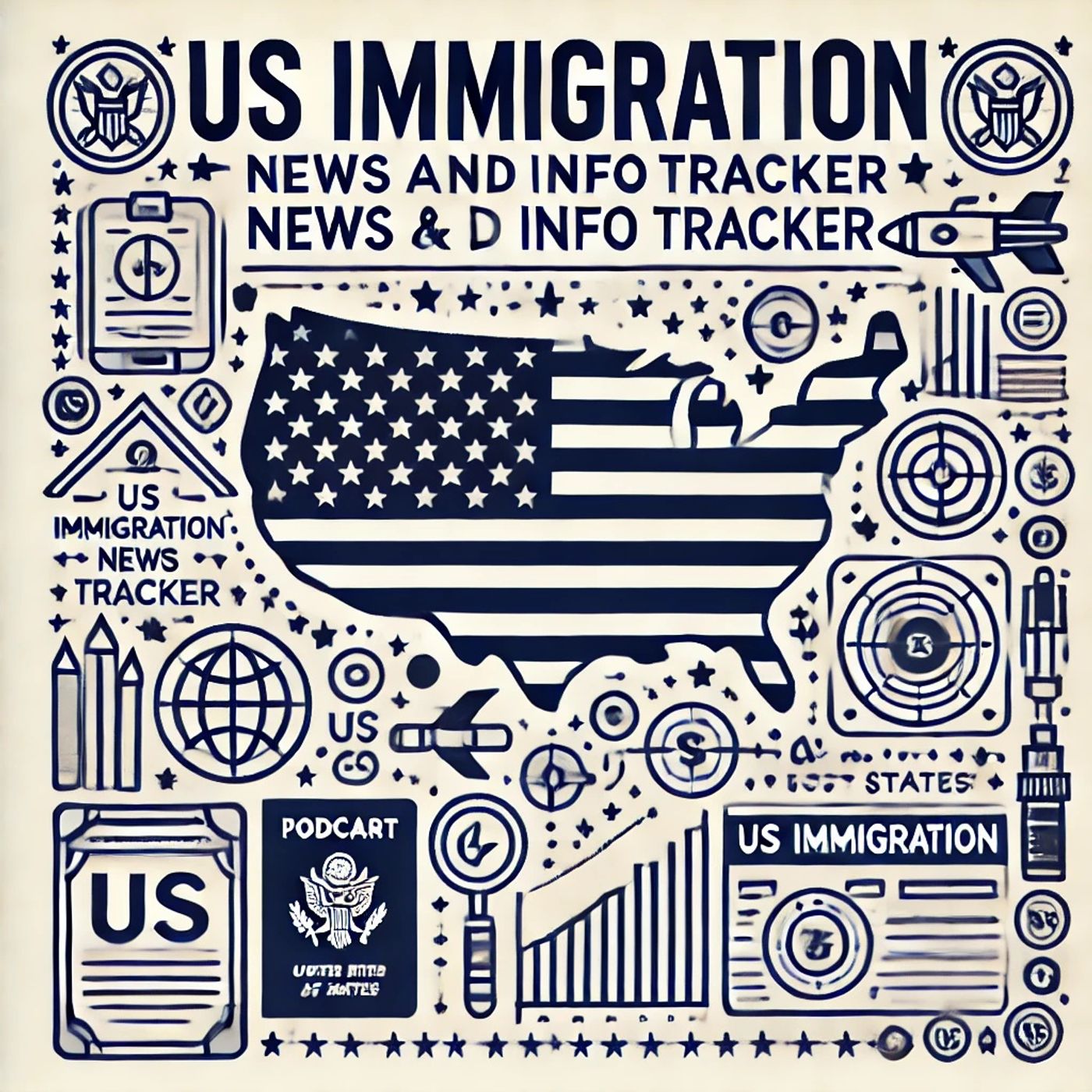Diverse Candidates Clash on Immigration in High-Stakes Missouri Senate Race
Description
The upcoming U.S. Senate race in Missouri is shaping up to be a highly competitive event, drawing in a diverse group of candidates from across the political spectrum. With immigration emerging as a pivotal issue in this election cycle, the contest features a clash of distinctive perspectives that highlight the complex nature of this enduring national debate.
Republican incumbent Josh Hawley, a figure known for his staunch conservative views and alignment with former President Donald Trump's policies, is seeking re-election. Hawley has consistently advocated for stricter immigration controls, citing national security and economic stability as key reasons. During his previous tenure, he supported measures aimed at reinforcing border security and has been vocal about ending illegal immigration to sustain domestic job markets.
Challenging Hawley for the Senate seat is Democratic nominee Lucas Kunce. Kunce, a Marine veteran and economic populist, offers a markedly different approach to immigration. He emphasizes the need for comprehensive immigration reform, advocating for a path to citizenship for undocumented immigrants who contribute positively to society. Kunce argues that embracing immigrants bolsters the U.S. economy and enriches its social fabric, aligning with progressive ideals that aim to create a more inclusive America.
The race also includes W.C. Young, the Libertarian nominee, who brings a unique perspective to the immigration discussion. Libertarians typically champion individual liberties and limited government intervention, and Young's stance leans towards open borders, underpinned by the belief that free movement of people enhances both personal freedom and economic opportunities. Young supports streamlined immigration processes and reducing bureaucratic hurdles that impede lawful entry into the U.S.
Nathan Kline, representing the Green Party, enters the fray with an eco-socialist framework. Kline's platform incorporates environmental justice with immigration policy, asserting that climate change is a key driver of global migration. He advocates for humane immigration policies that consider environmental refugees and stresses the importance of international cooperation in addressing the root causes of displacement. Kline’s approach underscores the necessity of integrating ecological sustainability with social equity in crafting immigration policy.
As Missouri voters prepare to cast their ballots, immigration remains a central theme in candidate debates and public discourse, reflecting its significance in shaping national policy and local communities. The varied positions of the Senate hopefuls offer voters a spectrum of choices, each presenting a vision for the future of immigration in the United States.
This Senate race not only highlights the ideological divisions within contemporary American politics but also presents an opportunity for robust discussion about the values and goals that should guide U.S. immigration policy. As the election date approaches, the candidates' differing philosophies and proposed solutions will undoubtedly resonate with constituents seeking clarity and leadership on immigration—a topic that continues to define the American political landscape.
More Episodes
Blue States Recalibrate Approaches to Crime and Immigration, Balancing Compassion and Accountability
In recent years, the political landscape in the United States has witnessed a notable shift in attitudes toward crime and immigration, even in traditionally liberal strongholds. States such as Arizona, California, and Colorado have seen outcomes in ballot measures that signify a stricter approach...
Published 11/24/24
Published 11/24/24
In the landscape of U.S. immigration policy, a significant shift occurred during Donald Trump's presidency, marked by the appointment of three staunch anti-immigration advocates who played pivotal roles in shaping the nation's approach to immigration. These individuals were Stephen Miller, the...
Published 11/23/24


